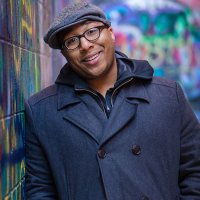Madeline Jones of Algonquin Books

I edit mostly narrative nonfiction, and I think in publishing and writing we tend to take that word “narrative” for granted—as if any text, just by being the length and shape of a book, is a narrative. Give me strong characters and vivid scenes: We say this in a way that can make those attributes feel like their own objects, separate from the author’s purpose. But the narrative-nonfiction story itself isn’t just a tool to baby the reader, to make the book “feel like fiction,” or to create an entertaining reading experience.













